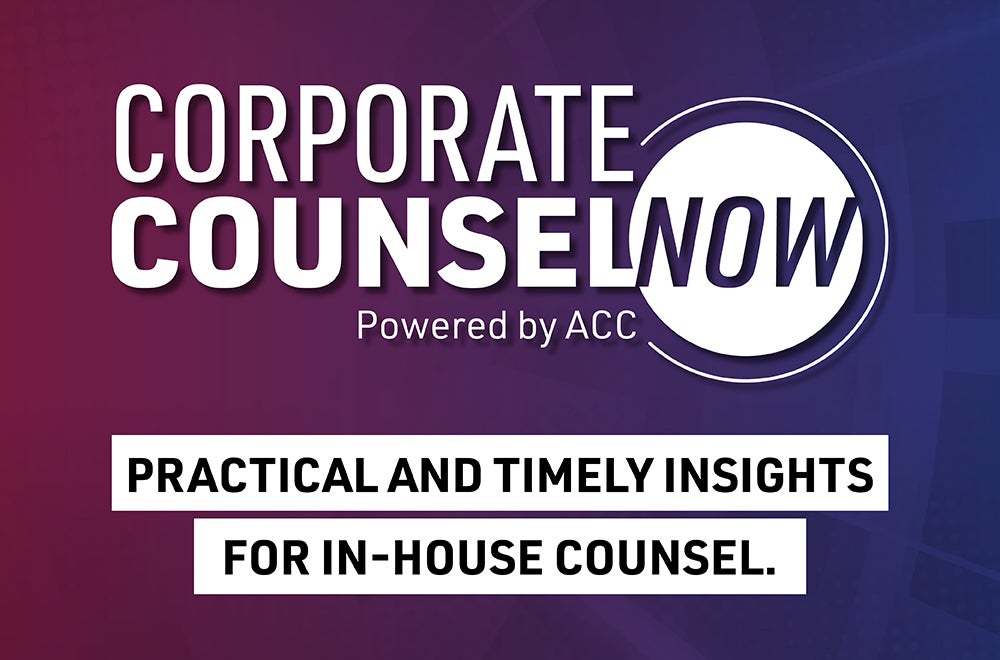Download your Copyright Governance Risk and Compliance Guide
The values and ethical behaviour of businesses are under increased scrutiny, as shown by the recent Royal Commission into Misconduct in the Banking, Superannuation and Financial Services and the Royal Commission into Aged Care Quality and Safety. When reviewing values and ethical behaviour in an organisation, consideration should be given to copyright compliance.
Copyright law and good corporate governance
An organisation’s practice of good copyright governance is an important step towards building a strong internal culture of ethical behaviour and compliance.
Under s180 of the Corporations Act 2001 (Cth), directors and other officers of an organisation have a responsibility to discharge their duties with a degree of care and diligence – which includes the duty to examine and comply with all the laws, codes and practices which affect their organisation. This would include an organisation’s obligations under the Copyright Act 1968 (Cth). Alongside the statutory requirements, copyright and practising good copyright governance sit firmly within an organisation’s corporate social responsibility.
Copyright governance should be assessed as part of an organisation’s adherence to corporate social responsibility as there is an economic and social impact upon content creators, if they are continually not remunerated for the use of their works by organisations. This continual non-payment impacts upon the economy by driving down the reasonably expected return on investment for creators. Recent Australia Council research showed that, on average, 35 percent of content creators/rightsholders in Australia relied upon royalties and advances from their works as a source of income.¹
Managing copyright risk
The reuse of copyright works, without permission or licence from an owner of works, gives rise to both an operational risk and a reputational risk within an organisation. With most employees having access to printers, email, computers, internet, photocopiers and social media, the risk of copyright infringement is high.
A quarter of content creators believe that their copyright has been infringed, with the highest proportion of infringement reported by writers and visual artists. Where a creator has acted to stop copyright infringement or to seek compensation for unlicensed use, 60 percent of actions undertaken by Australian content creators/rightsholders have been successful.¹
Simple steps can help ensure your organisation is hitting a benchmark for copyright compliance. To find out more, download your complimentary Copyright Governance Risk and Compliance Guide. If you would like to further discuss copyright governance in the workplace, feel free to reach out to Greg Taylor, Senior Licensing Consultant, on 02 9394 7722 or at gtaylor@copyright.com.au
About Copyright Agency:
The Copyright Agency represents over 40,000 members across the publishing, media, visual arts, education and surveying sectors. We licence copyright material, so companies can legally reuse content created by others, and be confident that creators are being compensated fairly for their work – thus practising Good Copyright Governance. Licensing revenue is distributed to our members, ensuring the Australian creative economy remains strong. copyright.com.au
¹Making Art Work: An economic study of professional artists in Australia, Chapter 10, Income and Expenditure © David Throsby and Katya Petetskaya, 2017, p.105-106.

